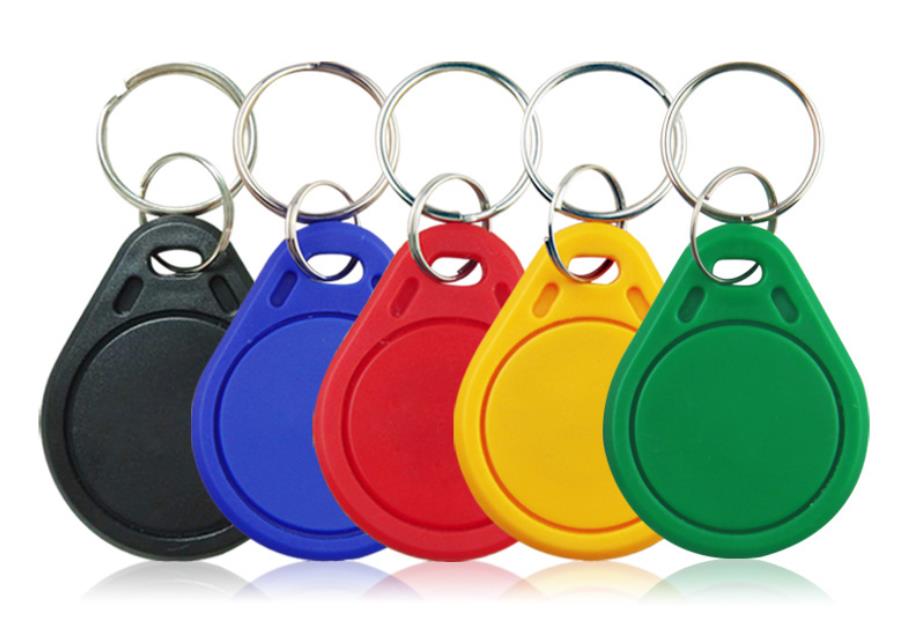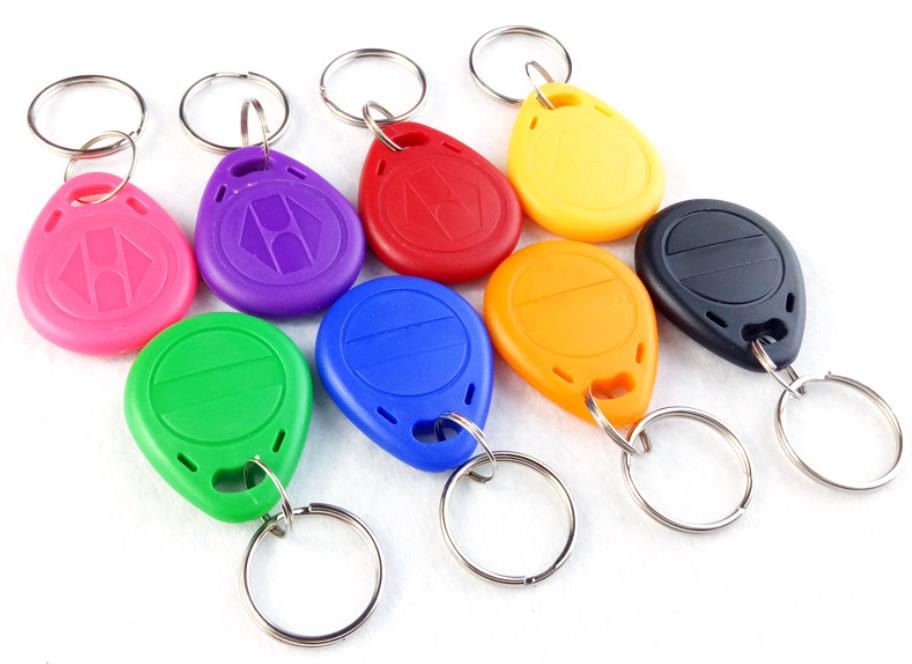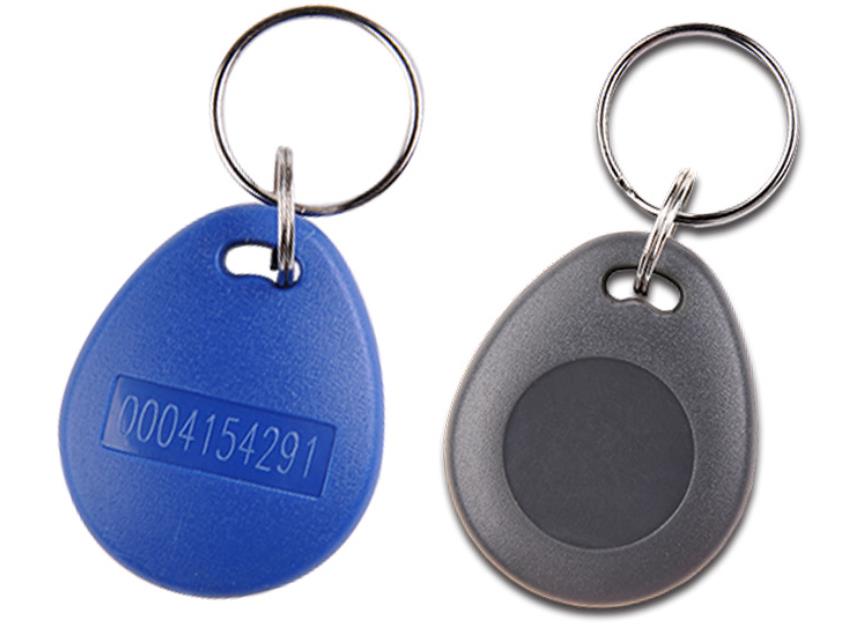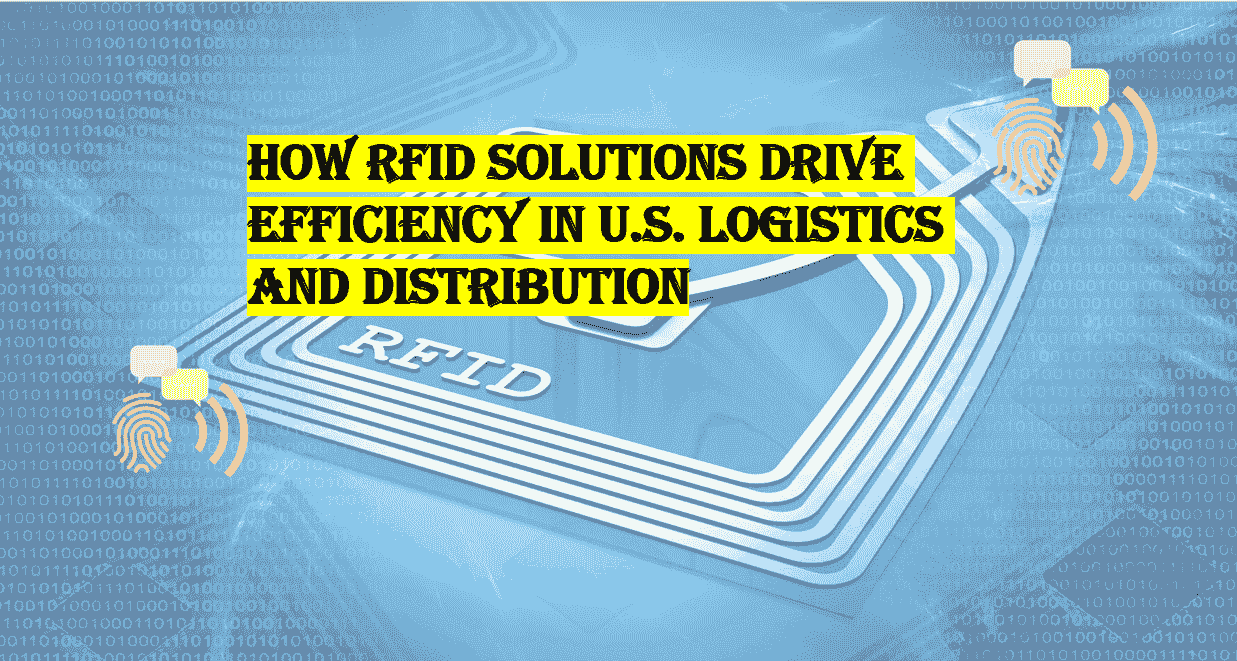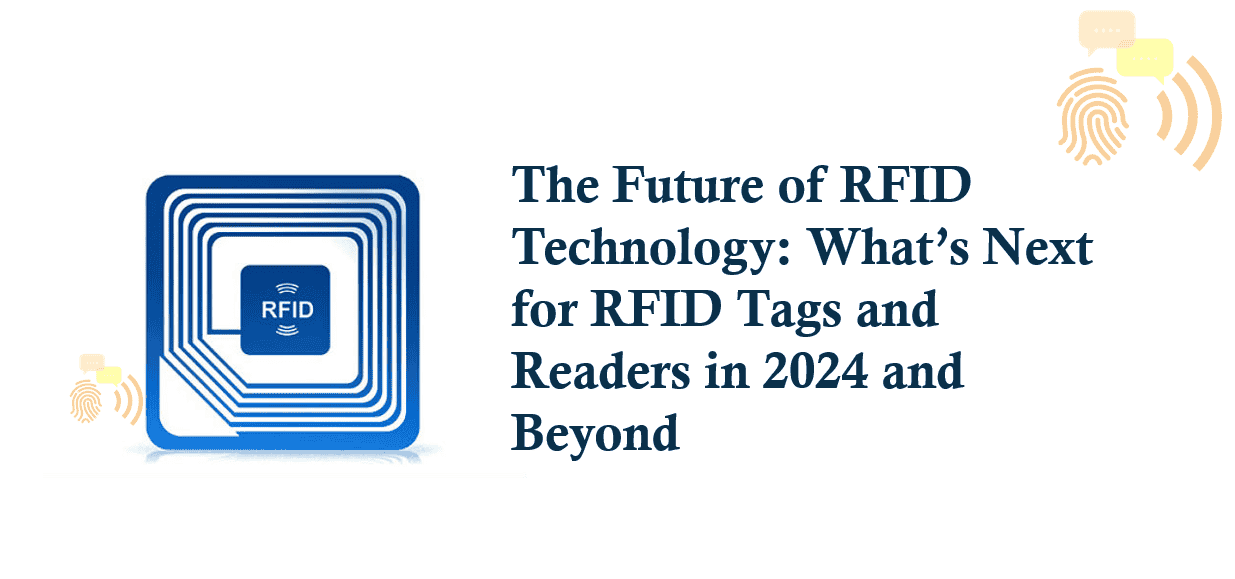RFID Hardware Customization- Tailored Solutions for Any Industry
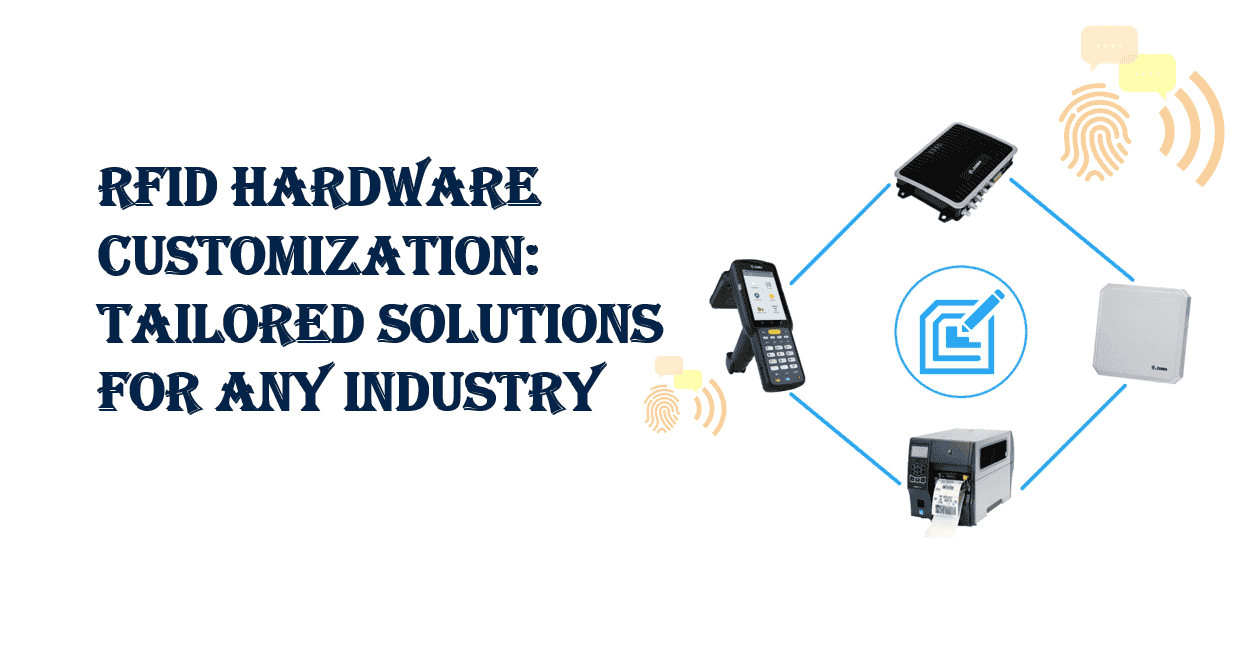
RFID Hardware Customization: Tailored Solutions for Any Industry
In today’s fast-paced, technology-driven world, industries across the globe are turning to innovative solutions to streamline their operations, improve efficiency, and enhance productivity. One such breakthrough technology is Radio Frequency Identification (RFID), which is revolutionizing how businesses track, manage, and monitor assets. However, as industries evolve and demands become more specialized, the need for RFID hardware customization has grown. With custom RFID solutions and tailored RFID systems, businesses can unlock the full potential of RFID technology, ensuring it meets the unique needs of their operations.
Table of Contents
- Introduction
- What is RFID Hardware Customization?
- The Importance of Tailored RFID Systems
- Key Industries Benefiting from RFID Hardware Customization
- Conclusion
What is RFID Hardware Customization?
RFID hardware customization refers to the process of tailoring RFID systems to suit specific operational requirements, ensuring the technology is optimized for the unique challenges faced by different industries. While RFID solutions are widely used in asset tracking, inventory management, and logistics, there’s no one-size-fits-all approach. Custom RFID solutions involve adjusting the hardware, software, and frequency configurations to create a solution that delivers maximum value for a business.
By customizing the RFID hardware, organizations can address specific needs, whether it’s improving read range, increasing durability, or ensuring seamless integration with other technologies. Custom RFID solutions can be applied across various sectors, including retail, healthcare, manufacturing, logistics, and more.
The Importance of Tailored RFID Systems
1. Enhanced Efficiency and Accuracy
One of the most significant advantages of tailored RFID systems is their ability to improve operational efficiency and accuracy. By fine-tuning the RFID hardware for specific use cases, businesses can ensure more reliable data capture, minimize errors, and optimize workflows. For example, in inventory management, RFID can help reduce the time spent on manual counting and improve stock visibility, leading to fewer stockouts and overstocking issues.
2. Improved Data Integrity
RFID hardware customization ensures that the data collected through RFID tags is accurate and complete. Custom RFID solutions can be designed to filter out irrelevant data or adjust how data is processed, ensuring that only meaningful information is captured. For example, industries with high-density environments, such as manufacturing or warehouses, may require RFID systems that can distinguish between closely spaced items or objects in motion.
3. Scalability and Flexibility
Tailored RFID systems can be designed to scale with business growth. As companies expand, they need RFID solutions that can handle increased data volumes, higher asset counts, or more complex processes. Custom RFID hardware can be adapted over time, ensuring that the system remains relevant and capable of meeting evolving business needs.
4. Cost Efficiency
While RFID hardware customization may involve a higher initial investment, it can ultimately save businesses significant amounts of money by optimizing system performance. Custom RFID solutions are designed to prevent costly inefficiencies, such as incorrect readings, system downtime, or missed opportunities for automation. A tailored system helps businesses avoid overpaying for unnecessary features that don’t contribute to their goals.
Key Industries Benefiting from RFID Hardware Customization
1. Retail and Supply Chain
Retail businesses rely on RFID technology to streamline inventory management and improve supply chain operations. By customizing RFID hardware, retailers can track inventory in real time, ensuring stock levels are accurate and orders are fulfilled promptly. Custom solutions can also be tailored to specific environments such as cold storage, where RFID tags must be resistant to extreme temperatures.
In the supply chain, tailored RFID systems ensure that goods are tracked at every step, from manufacturing to distribution, improving traceability and reducing the likelihood of errors or theft. Customized RFID solutions can help businesses adapt to specific logistical challenges, such as cross-docking, bulk handling, and high-volume shipping.
2. Healthcare
In healthcare, patient safety and asset management are paramount. Custom RFID solutions can help healthcare providers track medical equipment, pharmaceuticals, and even patients themselves, ensuring that the right equipment is available at the right time. For example, RFID tags can be customized to be resistant to sterilization processes, making them ideal for use in surgical instruments or other medical devices.
Tailored RFID systems can also be used to monitor temperature-sensitive medicines, ensuring compliance with regulations for storing and transporting pharmaceuticals. Additionally, RFID customization can help hospitals with staff tracking, providing a more secure and efficient method of ensuring the right personnel are where they are needed.
3. Manufacturing
Manufacturers are increasingly using custom RFID solutions to monitor production lines, track raw materials, and manage inventory. RFID hardware can be customized to ensure that the tags can withstand harsh environments, including extreme temperatures, exposure to chemicals, or rough handling. Tailored RFID systems can also be designed to interact with automated machines, improving the efficiency of production processes and reducing the need for manual oversight.
RFID systems can also play a crucial role in predictive maintenance by tracking the condition of machinery and alerting operators to potential issues before they become critical, thus preventing costly downtime.
4. Logistics and Warehousing
In logistics and warehousing, tailored RFID systems provide real-time tracking of goods and assets as they move through the supply chain. Custom RFID solutions can be configured to operate in environments where there’s high throughput, ensuring that data is captured without delay, even in large, busy facilities.
Customized RFID systems can also be designed for specific workflows, such as high-density shelving or goods moving in and out of various locations. The ability to create RFID tags that can be scanned at longer distances or through obstacles, such as boxes or pallets, can also significantly improve operational efficiency.
Why Choose RFID Hardware Customization?
Every business has unique needs, and off-the-shelf RFID solutions may not always address these specific challenges. Whether it’s enhancing read accuracy, increasing range, or ensuring compatibility with other systems, RFID hardware customization provides a flexible, scalable solution. By partnering with RFID solution providers that offer custom RFID solutions, businesses can ensure that the technology aligns perfectly with their operational goals.
In conclusion, tailored RFID systems are a game-changer for industries looking to optimize their processes and gain a competitive edge. The ability to customize RFID hardware ensures that companies get the most out of their investment, improving efficiency, accuracy, and cost-effectiveness while addressing industry-specific challenges. Whether you’re in retail, healthcare, manufacturing, or logistics, RFID hardware customization offers a robust solution to meet your business’s unique needs.
Related Products
Here are some statistics and facts that could be relevant to the article on RFID hardware customization:
1. Market Growth of RFID Technology
- Global RFID Market Size: The global RFID market was valued at $12.3 billion in 2022 and is projected to grow at a compound annual growth rate (CAGR) of 9.5% from 2023 to 2030, reaching an estimated value of $29.2 billion by the end of the forecast period. This highlights the increasing adoption of RFID technology across various industries (Source: Grand View Research).
2. Impact of RFID on Inventory Management
- Improved Inventory Accuracy: RFID technology can improve inventory accuracy by up to 99%, reducing errors in tracking and minimizing stockouts and overstocking issues (Source: Zebra Technologies).
3. RFID in Retail
- Inventory Management: In retail, 87% of retailers report that RFID technology improves inventory accuracy, which directly contributes to improved customer service and better stock management (Source: GS1).
- Sales Growth: Retailers using RFID can see an increase in sales of 2-5% due to better inventory visibility, faster restocking, and optimized supply chains (Source: Retail Systems Research).
4. RFID in Healthcare
- Asset Management: Hospitals and healthcare organizations using RFID for asset management have seen reductions in equipment loss by 30-40% (Source: Healthcare IT News).
- Patient Tracking: RFID technology can reduce the time spent locating patients by up to 30%, helping healthcare providers improve efficiency and patient care (Source: RFID Journal).
5. RFID in Manufacturing
- Production Line Efficiency: In manufacturing, RFID technology can reduce production downtime by 20-50% by tracking assets and machinery in real-time, enabling predictive maintenance (Source: Manufacturing.net).
- Reduced Inventory Holding Costs: RFID systems can reduce inventory holding costs by up to 25-30%, helping manufacturers optimize supply chain operations (Source: University of Arkansas Research).
6. Logistics and Warehousing
- Faster Processing: Implementing RFID systems in logistics and warehousing can reduce processing time for shipments by up to 30%, enabling faster order fulfillment (Source: Supply Chain 24/7).
- Cost Savings: Companies that use RFID to automate inventory tracking and improve logistics processes report savings of up to $1.5 million annually in operational costs (Source: ARC Advisory Group).
7. Environmental Benefits of RFID
- Sustainability: Custom RFID solutions are contributing to sustainability efforts, with the technology helping reduce waste and carbon footprints. In sectors like retail and logistics, RFID systems are helping optimize route planning, reduce energy usage, and decrease packaging waste (Source: GreenBiz).
